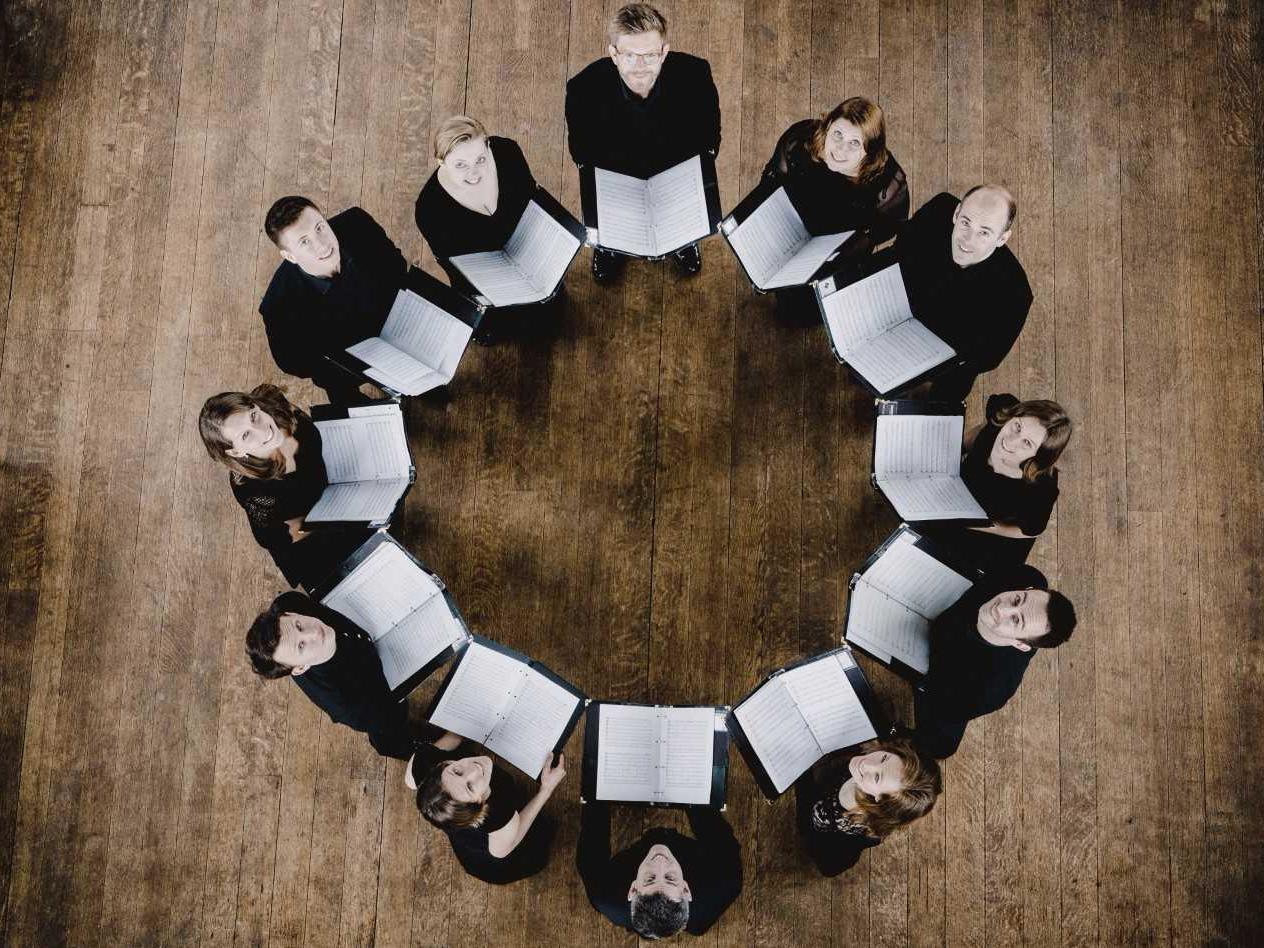Stile Antico review, Wigmore Hall, London: Bringing an unshakeable conviction to every song
A 12-piece vocal ensemble meld poetry about migration to a set of musical lamentations from the early 17th century with singularly powerful results

Your support helps us to tell the story
From reproductive rights to climate change to Big Tech, The Independent is on the ground when the story is developing. Whether it's investigating the financials of Elon Musk's pro-Trump PAC or producing our latest documentary, 'The A Word', which shines a light on the American women fighting for reproductive rights, we know how important it is to parse out the facts from the messaging.
At such a critical moment in US history, we need reporters on the ground. Your donation allows us to keep sending journalists to speak to both sides of the story.
The Independent is trusted by Americans across the entire political spectrum. And unlike many other quality news outlets, we choose not to lock Americans out of our reporting and analysis with paywalls. We believe quality journalism should be available to everyone, paid for by those who can afford it.
Your support makes all the difference.Stile Antico may be laden with honours, but they certainly aren’t showy. These 12 singers are all dressed in black, with no conductor, and no recourse to histrionics – but with a singular power in their sound. This is partly thanks to their musicianship, as well as the unshakeable conviction they bring to everything they sing.
The project Songs of Longing and Exile grew out of a collaboration with an American consort in which John Dowland’s Lachrymae was performed. It is a set of seven pavanes (16th-century processional music), of which only one had previously been provided with a text (the celebrated “Flow, my tears”). Why not find texts for the others, thought the singers, and why not link those texts with the refugee crisis in the Mediterranean? Next stop Dartington Summer School, whose director Joanna MacGregor was keen to take the idea further: as a result, the poet Peter Oswald was commissioned to provide texts based on first-hand accounts from survivors of the migration; an 18th-century newspaper report of an English vagrant in Plymouth was also woven in.
Then the mix got richer, with Robert White, composer of the majestic Lamentations of the Tudor, included; then the Syrian oud-player Rihab Azar was invited to intersperse the sung sections of the programme with instrumental solos in the Arabic style.
The evening begins with Dowland’s startlingly modern-sounding motet “In this trembling shadow cast”, the muscular dissonances delivered in firmly vibrato-free tones. Then the alto Eleanor Harries Clarke steps forward, explains the rationale for what we’re going to hear, and asks us not to interrupt the flow of music with applause. Which is appropriate, because the sequence of words and music that follows has unexpected integrity, despite the origins of its component elements being five centuries apart.
Rihab Azar’s oud solos are beautifully turned, and Oswald’s verses sit alongside 16th-century ones with surprising felicity. And as Dowland’s variations on his lamenting motif weave their grave and graceful spells, so do the verbal lamentations. And thanks to the texts, I find myself engaging with the music in a way I never have before. It certainly helps that the texts are projected onto the back of the stage: recitalists should take note and follow suit.
The final work, by the contemporary composer Giles Swayne, comes as a shock. He’s set a text describing the single most resonant image of the entire migration – a three-year-old boy washed up dead on the Turkish shore – to a stark and discordant anthem inhabiting a viscerally uneasy modern sound-world. The beauty of Dowland’s music is banished, yet somehow Swayne manages not to destroy the evening’s musical and emotional momentum.
Join our commenting forum
Join thought-provoking conversations, follow other Independent readers and see their replies
Comments